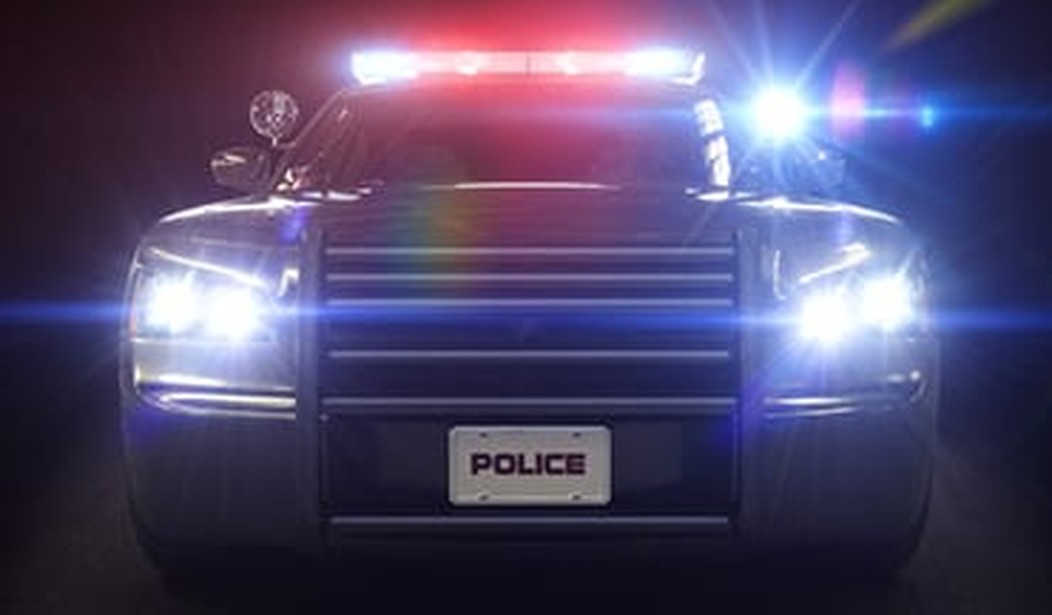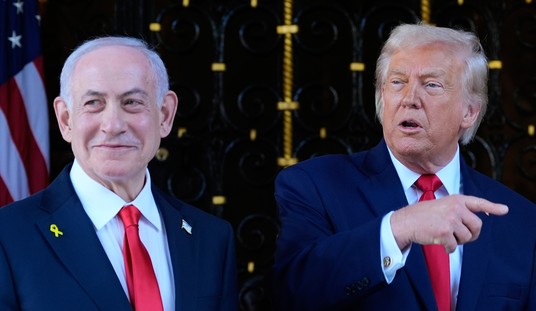Pity the man who is so unfortunate as to have to appear before the Los Angeles Police Commission. First, he must endure the trip to downtown Los Angeles, an hour’s drive or maybe much more from some of the city’s outlying communities. Then he must find a place to park, no easy task amid all the construction and street closures that are often added to the customary gridlock around the civic center. If he manages to find a spot on the street, he must be mindful of the time, for his car will be ticketed or perhaps towed if it remains in the spot even seconds beyond the posted limit. If he parks in a parking lot, he will be charged an exorbitant sum for the privilege. And, no matter where he parks, as he walks to the police headquarters building he will encounter any number of panhandling vagrants who have wandered away from nearby skid row in search of “spare change.” Upon arrival at the headquarters building, he will subjected to a security screening akin to those performed at airports.
After all of that, he will be allowed to take a seat in the police commission meeting room to await his turn to speak. And it is at this point that all of the inconveniences described above will seem trivial.
Public meetings in any city or town – city council, school board, or what have you – attract their own regulars: the gadflies and cranks who appear at meeting after meeting and demand to be heard, most often reciting some variation of the tale they’ve been telling for weeks, months, or even years. The L.A. police commission has its share of these people, and in a city of four million people, that share is quite large. But lately, added to this usual roster of gadflies and cranks have been the crankiest people in town, the local chapter of the Black Lives Matter movement. So while our hapless citizen waits patiently to plead his case before the commission, he must sit and listen as the BLM people parade to the microphone, using their allotted two minutes (and usually more) to berate, belittle, and insult the commissioners and police chief Charlie Beck, often in language that is unprintable here.
If you want to know why LAPD officers are dispirited these days, if you want to know why they may be feeling the weight of the “Ferguson effect” and are reluctant to place their mortal hides on the line in the cause of reducing crime in the city, look no further than the commission that oversees the department. The police commission is a five-person body whose members are appointed by the mayor. It sets policy for the LAPD, and every member of the department, from the greenest rookie to the chief, serves under its authority.
In theory, this system of civilian oversight is an admirable arrangement. It becomes less admirable when that oversight is provided by people who are disconnected from the more unpleasant realities faced by police officers on the streets, and who in some cases are even hostile to the officers they purport to lead. Bear in mind that commissioners are selected not on the basis of any expertise they might have in law enforcement. Rather, they are chosen so as to satisfy demands for “diversity” on the panel. But this diversity, as is most often the case when the term is used today, does not extend to a diversity of thought or political opinion, only of race, sex, and sexual orientation. As it’s currently composed, the police commission is uniformly liberal, albeit with some members leaning farther to the left than others.
So how troubling it must be for the commissioners, good liberals all, to sit there and listen to the relentless invective spewing from people with whom, if the commissioners were candid enough to admit it, they are largely in agreement.
Last September, I wrote here on PJ Media on the abrupt departure of Paula Madison from the L.A. police commission. In discussing a controversial police shooting, Madison had made it a bit too clear that she was motivated by a racial grievance agenda, and in so doing she became a liability to Mayor Eric Garcetti. As I wrote at the time, “Mayor Garcetti does not necessarily object to his police commissioners being motivated by a racial agenda, but he insists that they be more guarded about it in their public pronouncements.”
So out the door she went, leaving it to Mayor Garcetti to appoint entertainment attorney Matthew Johnson to fill what we might call the black seat on the panel. Johnson was promptly voted in as president of the commission and now serves as its front man during what for it has been a tumultuous time. The commission holds its public meetings every Tuesday morning, and at these meeting members of the LAPD, most often headquarters types, make presentations, usually accompanied by PowerPoint slides, on matters which both the presenters and the commissioners pretend to understand. Members of the public are invited to speak for two minutes on agenda items, and are required to submit a written request before being allowed to speak.
All well and good, in theory if not always in practice. Rather than serving as an exercise in open, participatory governance, the commission meetings have devolved into farce, with the meetings regularly disrupted by protesters who defy calls for them to behave themselves. A typical scenario goes like this: at the time designated for public comment, BLM protesters, having submitted their cards, take turns at the microphone trying to outperform the previous speaker. When they talk beyond their allotted two minutes, Mr. Johnson gives them several warnings, including multiple “last warnings,” before asking a handful of beleaguered police officers to escort the person back to his seat or, in the case of the more obstreperous ones, out of the room. But the officers are under strict orders not to lay a hand on anyone, so things often turn into comical ballets in which a speaker dances around and continues to heckle the commission while the officers try to coral him without touching them. This brings an uproar from the offending speaker’s cohort, who themselves begin to chant and carry on, forcing the commission to interrupt the meeting and clear the room. This happens nearly every week.
In a lame attempt to curb these theatrics, Mr. Johnson wrote an op-ed piece in the May 12 edition of the Los Angeles Sentinel, a newspaper marketed to L.A.’s black community. In that piece, titled “Dialogue, not disruption, is the path to LAPD reform,” Johnson made it clear that he is very much in agreement with the sentiments of the Black Lives Matter Movement, but not its tactics. In his more than 1,500 words, he detailed the LAPD’s “checkered past which contributed to civil unrest in 1965 and 1992.” But he emphasized that he and his fellow police commissioners are now firmly in charge of the department and that those bad old days are truly over. Nowhere in the piece does he offer any encouraging words for the officers he purports to lead, nor does he address the city’s rising crime that disproportionately affects black neighborhoods. To cite just the most startling number in recent crime statistics, in the LAPD’s Southwest Division, murders are up 275 percent this year over the same period in 2015.
And Johnson is not the only member of the police commission whose priorities would seem askew. At the May 17 meeting (you can watch it here), Robert Saltzman, current occupier of the commission’s homosexual seat, opened the meeting by saying he had been a speaker at a police academy graduation ceremony the previous Friday. He went on to say how pleased he was that the graduating class was 11 percent black and 22 percent female. All well and good, one supposes, but it then fell to Mr. Johnson to address the issue of the two LAPD officers who had been shot later on that same Friday. It’s probably too much to ask, but in the future Mr. Saltzman might delay the diversity bean-counting discussion until after the matter of two wounded cops has been addressed.
In a career that lasted more than 30 years with the LAPD, I had occasion to meet just two police commissioners. I am led to believe by my former colleagues that the current commissioners are not in the habit of getting out and mixing with the troops. Watch just a few minutes of the meeting linked to above, or of any of the meetings available at that website, and it will be apparent why this is so.










Join the conversation as a VIP Member